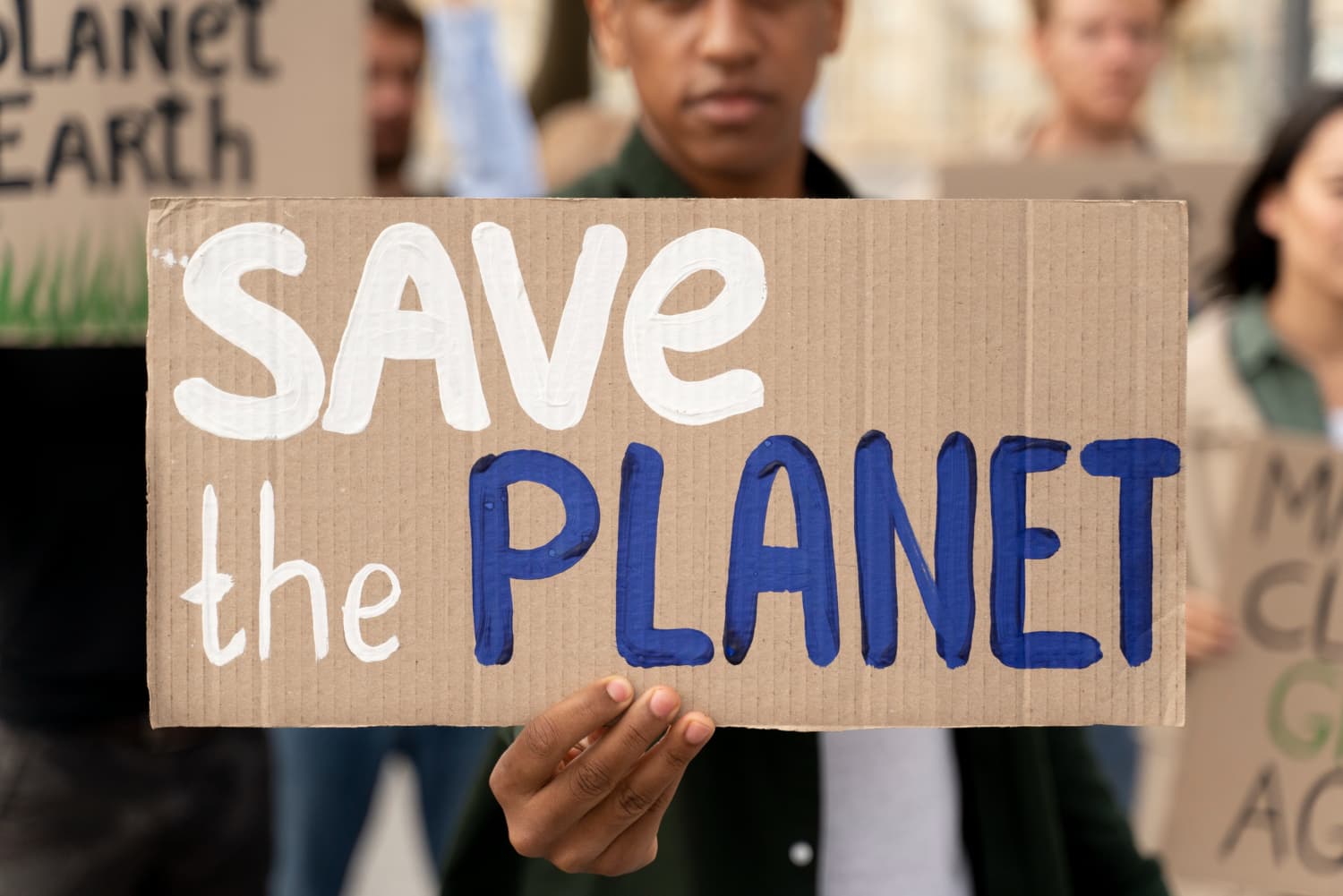Introduction
Facebook has become a central hub for connecting individuals and communities worldwide, offering a platform for discussions, advocacy, and education on critical global issues. Among these issues, climate change has found a significant voice within Facebook Groups. These groups serve as a vital tool for raising awareness, inspiring action, and fostering collaboration among diverse stakeholders, from activists to scientists and policymakers.
Additionally, the visibility of climate-related content can be enhanced through strategies such as increasing engagement with posts and videos. For organizations or individuals looking to amplify their message, options like using services to buy Facebook views (available on platforms such as SocialsUp) can ensure that content reaches a broader audience effectively.
This article explores how Facebook Groups are influencing climate change awareness, driving tangible action, and overcoming challenges to create meaningful environmental impact.
The Role of Facebook Groups in Climate Awareness
Facebook Groups provide a unique space for like-minded individuals to come together and exchange ideas, resources, and strategies for combating climate change. Whether it’s a local community group focused on reducing waste or a global campaign advocating for renewable energy policies, these groups offer a powerful platform for collaboration.
How Facebook Groups Contribute to Climate Awareness:

1. Sharing Educational Resources:
- Groups serve as repositories for articles, research studies, infographics, and videos that explain the causes and consequences of climate change in accessible ways.
- For example, groups like “Climate Science Explained” provide simplified insights into scientific findings, making the topic more approachable for the general public.
2. Amplifying Underrepresented Voices:
- Facebook Groups highlight stories from marginalized communities that are disproportionately affected by climate change, such as Indigenous groups or small island nations.
- By giving these voices a platform, these groups broaden the scope of climate awareness and emphasize the global nature of the crisis.
3. Raising Awareness Through Campaigns:
- Groups like “Fridays for Future” and “Extinction Rebellion” leverage Facebook to organize events, promote campaigns, and engage members in advocacy efforts.
- Campaigns often go viral within these groups, reaching millions and inspiring collective action.
Inspiring Climate Action Through Facebook Groups
Raising awareness is just the first step. Facebook Groups are also pivotal in turning awareness into tangible action.
How Groups Drive Action:
1. Organizing Local Environmental Initiatives:
- Many groups focus on regional challenges, such as pollution, deforestation, or urban sustainability.
- Examples include organizing clean-up drives, tree-planting events, and community recycling programs.
2. Coordinating Global Movements:
- Groups act as a backbone for international campaigns, coordinating efforts across countries.
- Movements like “The Plastic-Free Challenge” or “Zero Waste Living” owe much of their success to the organizational power of Facebook Groups.
3. Crowdsourcing Ideas and Solutions:
- Members brainstorm innovative solutions to environmental challenges, sharing practical tips and strategies that can be implemented on both individual and collective levels.
- For instance, discussions in groups may lead to ideas for energy-efficient technologies or local policy proposals.
4. Policy Advocacy:
- Activist groups often collaborate to draft petitions, lobby policymakers, and mobilize protests aimed at driving legislative change.
- Facebook Groups serve as a space to share templates for letters, coordinate protest logistics, and recruit supporters for advocacy efforts.
Success Stories from Facebook Groups
Several Facebook Groups have already made a significant impact on climate awareness and action:
1. Fridays for Future:
- With millions of members worldwide, this group has been instrumental in organizing climate strikes and amplifying youth voices in the climate movement.
2. Local Sustainability Networks:
- Groups like “Zero Waste Community” have helped thousands transition to more sustainable lifestyles, sharing actionable tips and success stories.
3. Indigenous Climate Action:
- Groups focusing on Indigenous communities, such as “Protect Native Land,” have successfully raised awareness about the unique challenges faced by these groups due to climate change.
Challenges Faced by Facebook Groups
While Facebook Groups are a powerful tool, they also face several challenges:
1. Misinformation:
- Despite fact-checking efforts, false narratives about climate change can spread within groups, diluting their impact.
2. Echo Chambers:
- Groups can sometimes become insular, where members only encounter perspectives they already agree with, limiting diverse dialogue.
3. Engagement Fatigue:
- Constant exposure to climate-related issues can lead to burnout among members, reducing active participation over time.
4. Algorithmic Limitations:
- Facebook’s algorithms prioritize engagement, which can sometimes amplify sensational or divisive content over balanced discussions.
Opportunities for Improvement
To maximize their impact, Facebook Groups can adopt several strategies:
1. Collaboration Across Groups:
- Encouraging partnerships between groups with overlapping goals can broaden their reach and diversify their strategies.
2. Enhancing Educational Efforts:
- Group admins can work with experts to provide verified content and host live Q&A sessions.
3. Encouraging Offline Action:
- Groups can focus on translating online discussions into real-world initiatives by organizing meetups, workshops, and events.
4. Promoting Inclusivity:
- Admins can actively recruit members from underrepresented communities to ensure a diversity of perspectives and experiences.
Conclusion
Facebook Groups have proven to be a valuable tool in raising climate change awareness and inspiring meaningful action. They connect individuals, foster global collaboration, and provide a space for innovative solutions to thrive. However, to fully realize their potential, these groups must address challenges like misinformation and echo chambers while focusing on inclusivity and offline impact.
For organizations and activists looking to expand the reach of their climate content, strategic approaches like engaging with a broader audience or choosing to buy Facebook views from platforms such as SocialsUp can help amplify their message effectively. By ensuring visibility, they can create a more informed and action-oriented audience.
As the climate crisis intensifies, Facebook Groups will continue to play a crucial role in mobilizing individuals and communities to protect our planet. By leveraging the platform’s power responsibly and strategically, these groups can drive significant progress in the fight against climate change.

